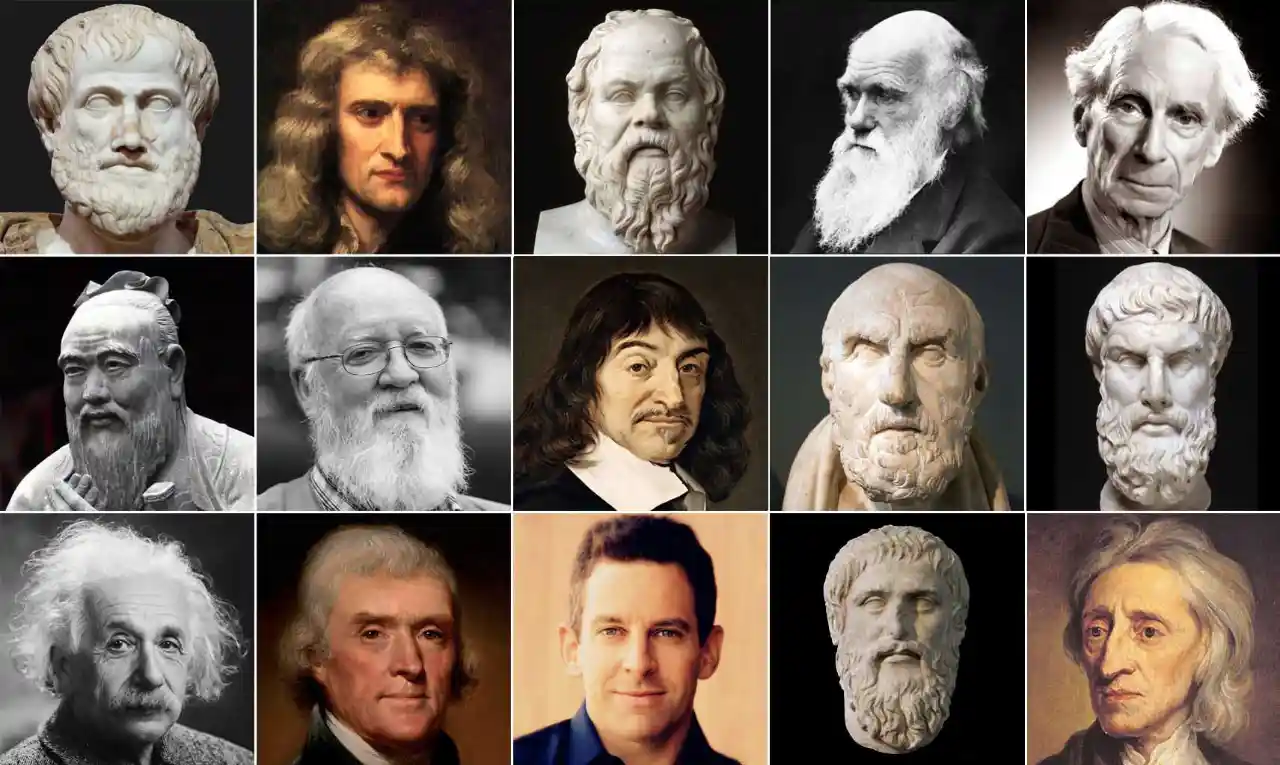
Do you want to make the world a better place?
Making the world a better place
W e want to make the world a better place. Sounds good, doesn’t it? After all, who doesn’t want the world to be a better place? But improving the world is a very hard thing to do, as at any given time there will be forces that for one reason or another opposes us. Not necessarily because these forces are evil, but sometimes it’s simply because they are just there, because that’s the way things have always been.
Making the world a better place needs to start by making people better. But changing people can be challenging because by the time we become mature adults we are set in our ways. We may have learned these ways when we were little. We may have learned them through experience in the environment we grew up in.
The more entrenched these beliefs or attitudes are, the more likely they are to have been imbibed when we were very young. Most probably, we were indoctrinated by an authority figure such as our parents, teachers or religious people. But we also acquire many of our beliefs and attitudes from our peer group as we grow up.
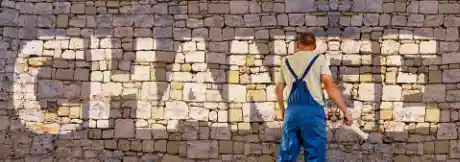
Despite what we may want to believe about ourselves, we are largely irrational.
- Often, we react instinctively to things that happen in our lives.
- We react emotionally and mostly without serious consideration.
- We make decisions and arrive at conclusions with little or no reliance on evidence.
We have evolved mental shortcuts that have worked for our ancestors. We continue to apply these and other heuristics to all sorts of situations in our much more complicated modern world. But, even though these shortcuts often work, they fail frequently enough that we can’t rely on them entirely. Unfortunately, they do not always provide us with happy results.
We don’t get it
Not surprisingly—given this background—we find ourselves largely failing to truly understand reality. We fail to consider the implications of what we say or do. We misunderstand what people tell us or misread their actions, and sometimes we impute meaning to their lack of action.
We take incomplete information and we weave a story around whatever we have, while filling in the blanks to make sense of it. We do not have the cognitive ability or inclination to question or dispute certain things, and so we take for granted what we hear from people we may perceive to be authority figures. Ultimately we fall victim to all sorts of beliefs that are not true about the world. Our untrained minds fall easy
ARE YOU A GOOD CRITICAL THINKER?
Do you think you are a good critical thinker? Do you believe you possess finely tuned reasoning skills?
Enter your information to get our FREE test so you can assess how good you are!
Laying the foundation
So, we want to make the world a better place. But what does that mean?
- To some a better place would be one in which everyone is a millionaire.
- For others it could be one in which everyone was healthy.
- To yet others it could be one in which we all write a book, plant a tree or have children.
In fact, many people will likely have different ideas of what a better world would look like.
We believe that a better world would be a place in which we maximize happiness. A place in which we maximize the well-being of everyone. A place in which every person is a thinking machine, because we believe that an environment in which everyone is a critical thinker is an environment that will naturally lead to the maximization of happiness.
Question Everything
And how do we achieve this? We need to set the foundations first, and the foundation of good human behavior is dependent on how we think and how well we can control our emotions and impulses. A person who does not or cannot think for himself will be a puppet. A person who is not equipped with the tools for thinking critically will be unable to navigate the complex waters of the modern world. Will be unable to argue effectively for their own needs or desires. Will be unable to understand or counter when someone else is manipulating or misleading them.
Thought Academy is for you if
- You want to develop your thinking skills
- You want to know how to recognize when someone is manipulating or misleading you
- You want to know how to compose and support strong, logical arguments
- You want to know how to assess the validity of other people’s arguments
- You want to know how to be more effective at solving problems
- You want to know how to make more effective and logical decisions
- You want to know how to evaluate ideas and be more effective at coming up with new ones
Y ou will need to learn to question everything and to learn what good thinking is. You will need to acquire the tools you need to succeed in becoming a critical thinker. You will need to learn to identify good and bad arguments, recognize fallacious thinking, be cognizant of when you are being manipulated, know how to identify when something you hear about is based on fact or on someone else’s opinion, and reason logically and critically. In other words, you will need to become a better thinker. Our goal at Thought Academy is to help you achieve just that.
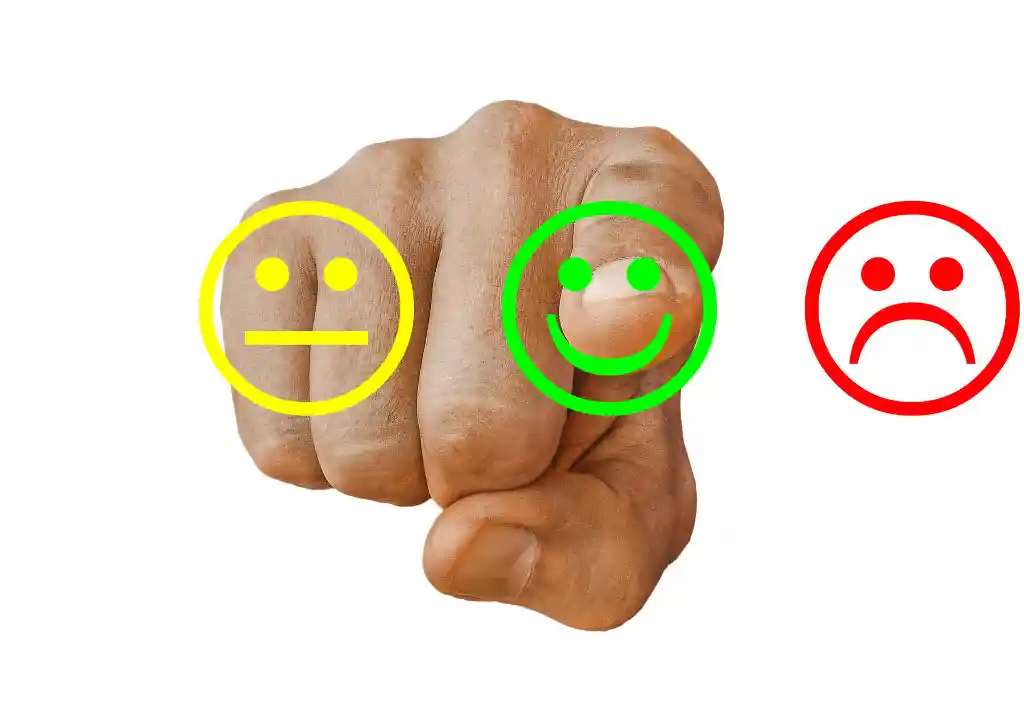

ARE YOU A GOOD CRITICAL THINKER?
Do you think you are a good critical thinker? Do you believe you possess finely tuned reasoning skills?
Enter your information to get our FREE test so you can assess how good you are!


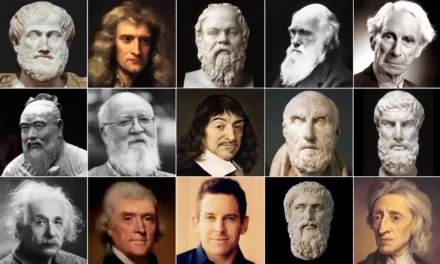
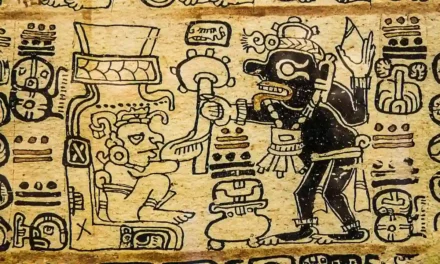


0 Comments